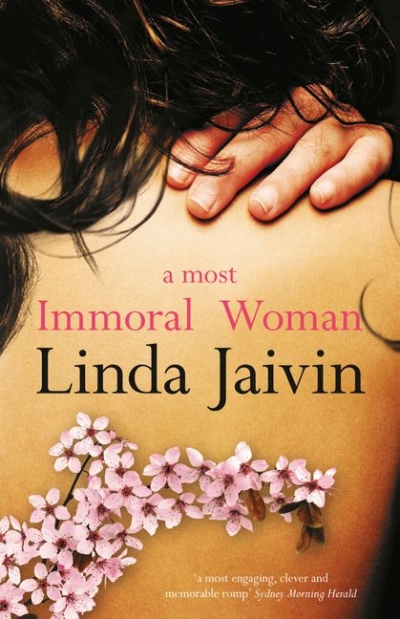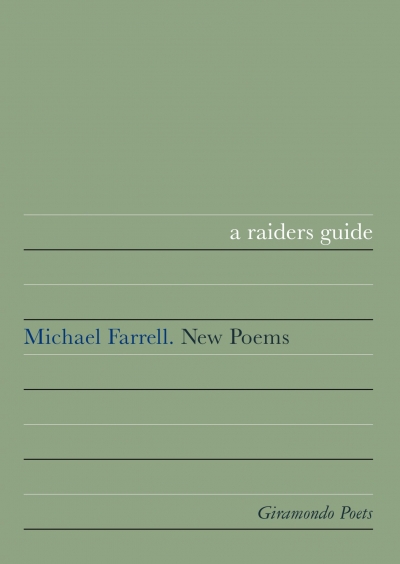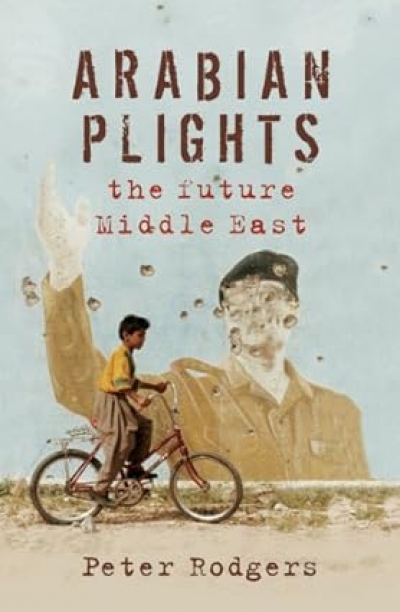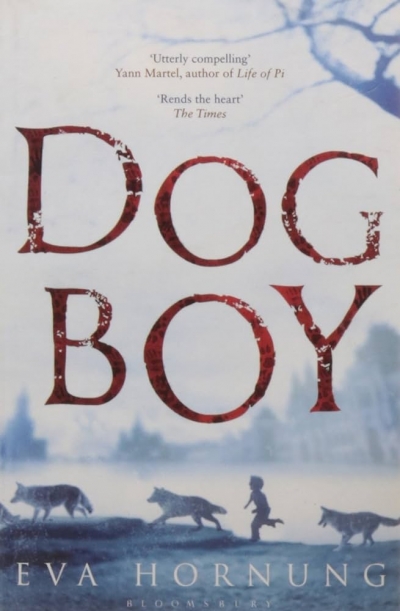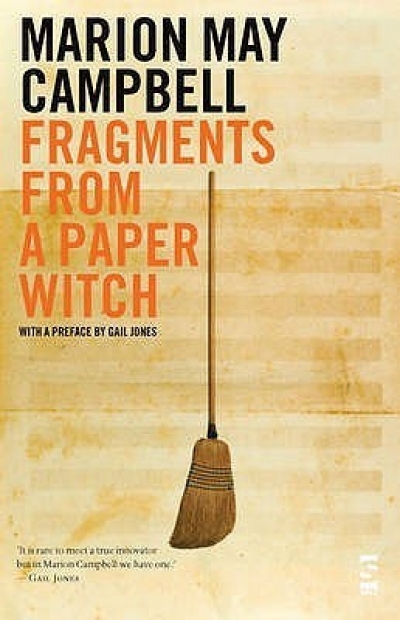Accessibility Tools
- Content scaling 100%
- Font size 100%
- Line height 100%
- Letter spacing 100%
Archive
DIAMETRIC OPPOSITES
Dear Editor,
I concur with Daniel Thomas’s high opinion of the collection of Eva and Marc Besen and of their TarraWarra Museum, and share his admiration of the essays by Christopher Heathcote and Sarah Thomas in his review of Encounters with Australian Modern Art (February 2009).
...‘Urgent things to say’ in the Calibre Prize
The competition was keen, the field unprecedentedly large (almost 200 entries), but after main readings and much discussion Kevin Brophy’s and Jane Goodall’s essays struck the judges of this year’s Calibre Prize for an Outstanding Essay (Gay Bilson, Peter Rose and Rebecca Starford) as being in a class of their own. It was impossible to split them. Both writers share the third Calibre Prize for an Outstanding Essay, and each will receive $5000.
That’s all they have in common, though. It would be difficult to find two more dissimilar essays, a measure of Calibre’s versatility and the diversity of the writers who are drawn to it. Jane Goodall’s theme, like her succinct title (‘Footprints’), has a kind of suaveness and urgency as she explores ideas about ecology and personal responsibility with reference to Kate Grenville, Mrs Aeneas Gunn, Nevil Shute and a sublime short story by Leo Tolstoy.
Kevin Brophy’s fruity title (‘“What’re yer lookin’ at yer fuckin’ dog?”: Violence and Fear in Žižek’s Post-political Neighbourhood’) introduces an amazing tale of domestic mayhem and incivility in present-day inner Melbourne. Kevin Brophy’s tormentors may have been the neighbours from hell, but what a tale it is. To make sense of this five-year drama, Kevin Brophy draws on the Slovenian philosopher Slavoj Žižek and his theory that violence – ubiquitous violence, as he sees it – is the very basis of late capitalist ‘post-political’ life.
... (read more)Authenticity is a prized but rare commodity in politics. Few politicians are credited with having it to begin with; it is even more difficult to maintain during a political career. Part of the problem is that when politicians seek to understand and please the amorphous public, they generally turn to pollsters and advisers who end up scripting their words, campaigns and governing strategies. These gurus will even inform them what food is most appropriate (sandwiches with regular mustard, not Dijon, as one of Obama’s aides told him during a visit to a diner in southern Illinois). Public appearances are selected based on voter resonance, though sometimes with jarring results, as with the appearance of then New South Wales premier, the urbane non-motorist Bob Carr, at the opening of a drag-car racing track. Male politicians are told to wear earthy colours to appear more manly. Those who end up on a television debate are advised to keep away the frowns and scowls, even when their opponents twist the truth.
... (read more)When I was a student, the professor used to say that Australian literature had no intellectual content. That was the way professors spoke back then. He might have had A.B. ‘Banjo’ Paterson in mind; Paterson was an enormously popular writer, who didn’t let difficult ideas get in the way. Paterson is the sort of writer who goes straight to the sentimental core of his material. He does not chase after profundities or wrestle with conceptual difficulties.
Paterson could not care less about professorial pursed lips and all that. When, in 1895, his first volume, The Man from Snowy River, and Other Poems, was published, it sold out within a week. Paterson was a sensation, both here and abroad. The Times enthused, and Rudyard Kipling, with whom Paterson was immediately compared, congratulated Angus & Robertson, the publishers.
... (read more)
